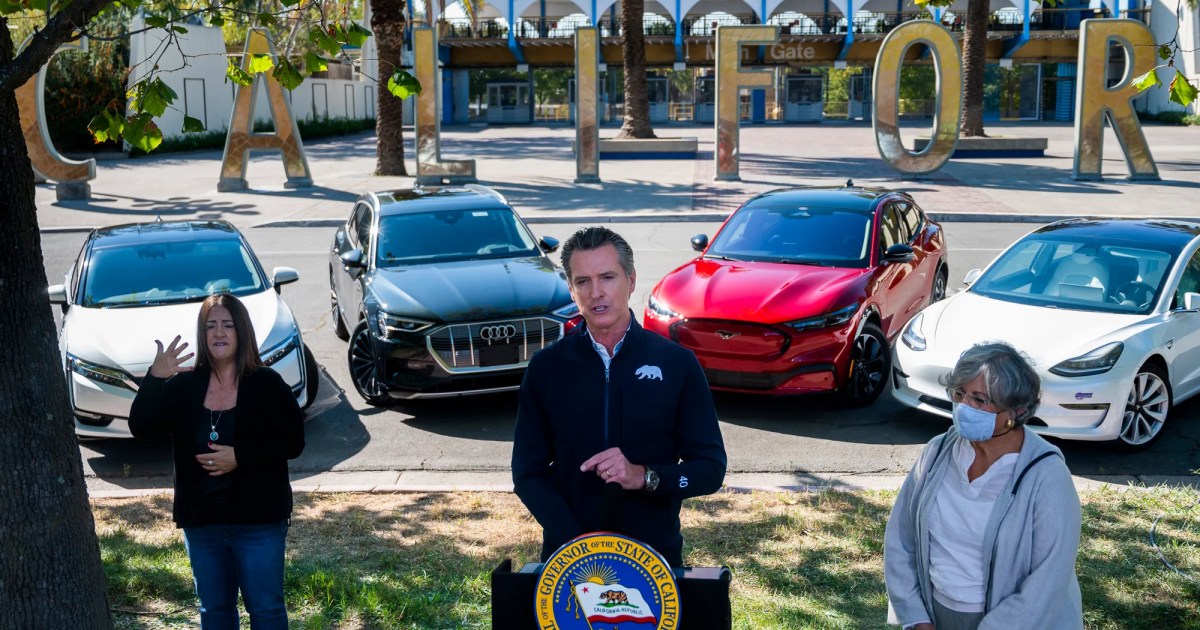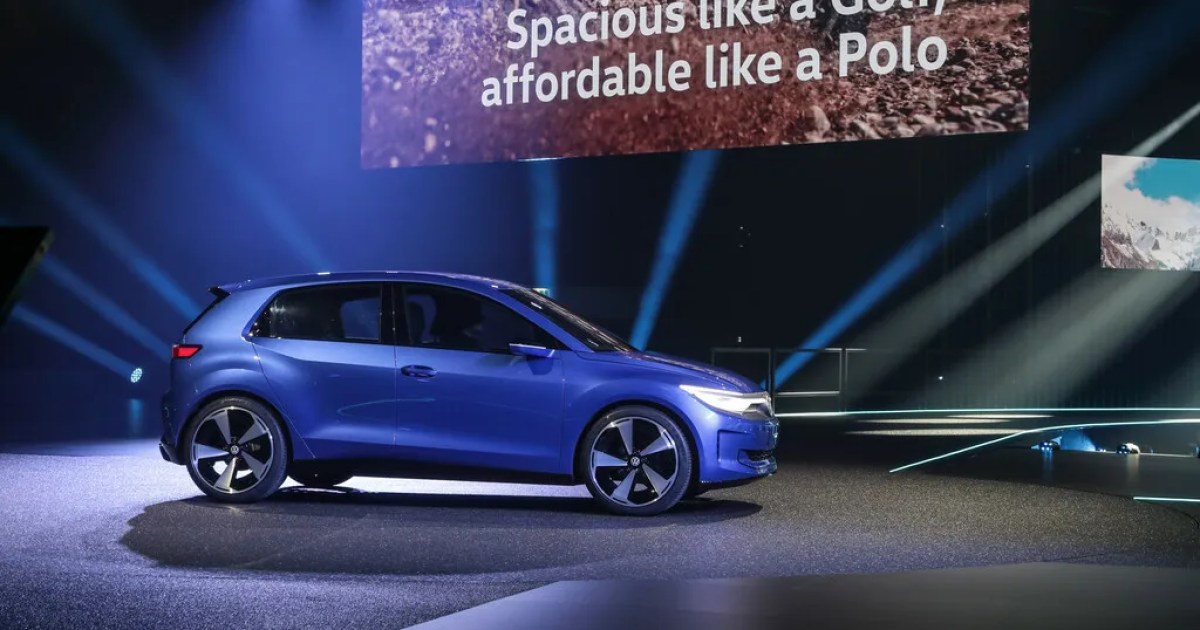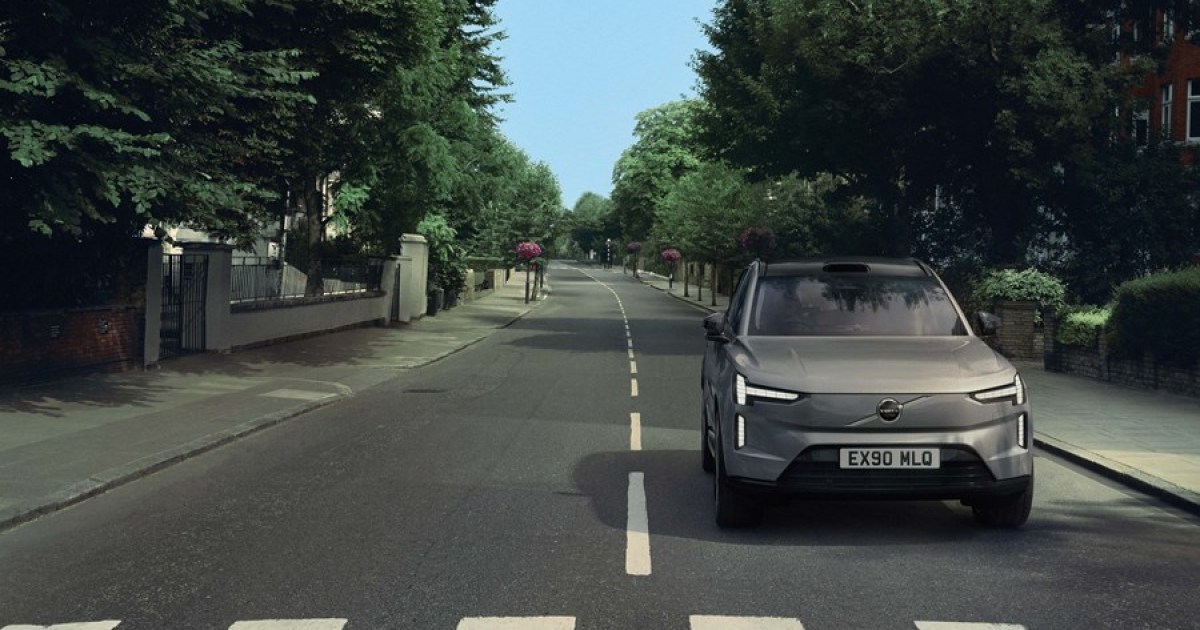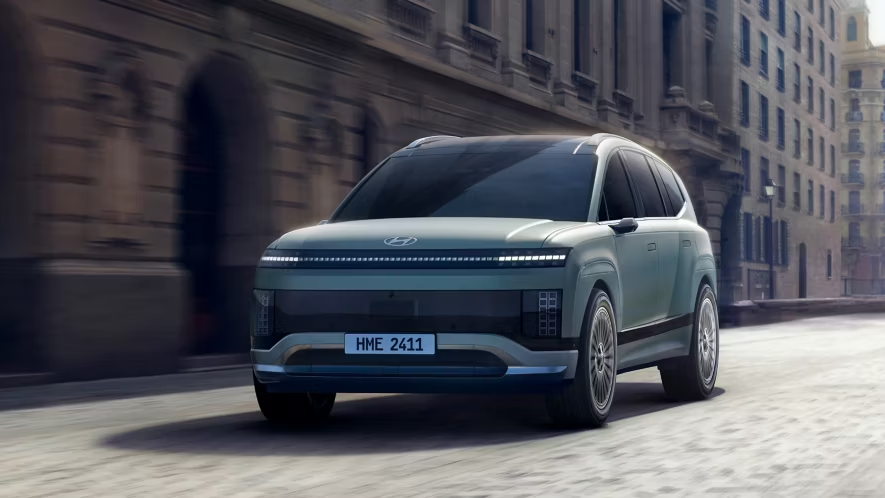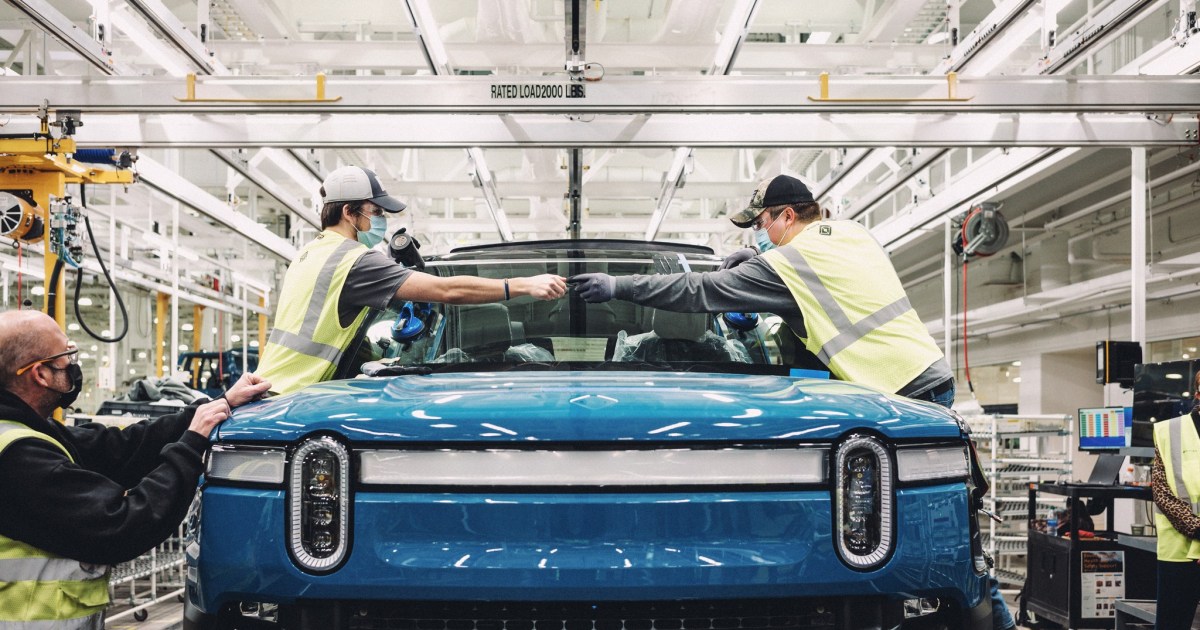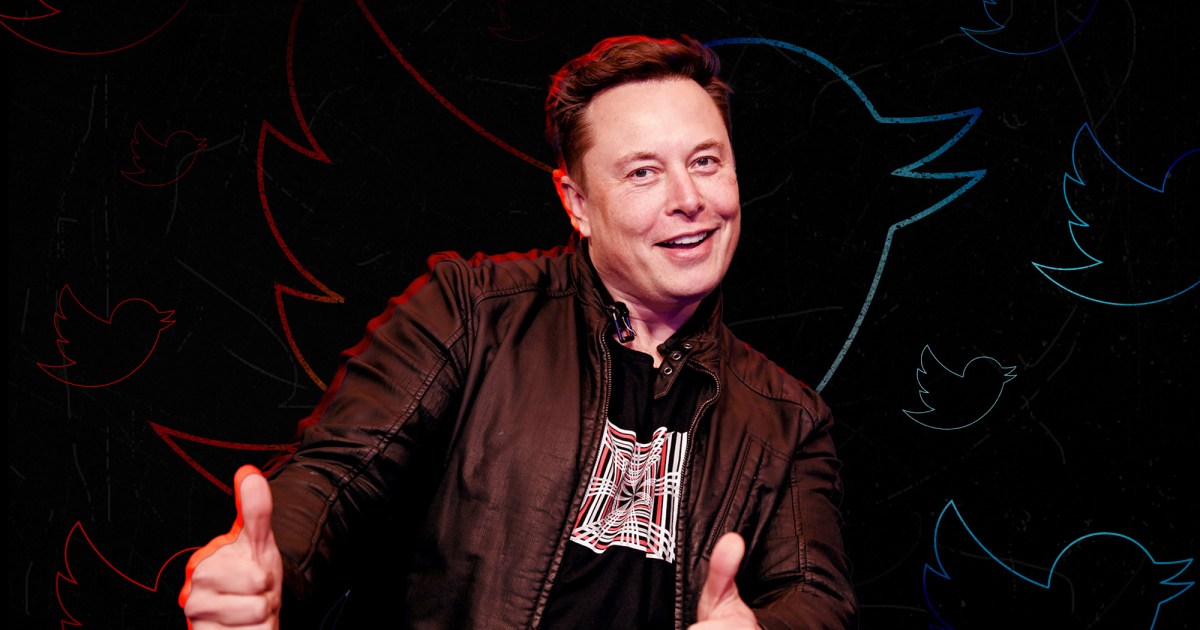California Governor Gavin Newsom recently announced plans to reinstate state tax rebates for electric vehicles (EVs) if the incoming Trump administration eliminates the current $7,500 federal tax credit. This move underscores California’s commitment to remaining a global leader in EV adoption and combating climate change.
Newsom stated that “zero-emission vehicles are here to stay,” emphasizing California’s determination to support the EV market. His administration believes the proposed state rebate program would be crucial in maintaining EV sales momentum should the federal incentive disappear. Interestingly, reports suggest that the state rebate may exclude Tesla and potentially other automakers to foster market competition and innovation within California.
This potential exclusion has drawn criticism from Tesla CEO Elon Musk, who called the plan “insane” on X (formerly Twitter). Musk, an advisor to President-elect Trump, has previously indicated that ending the federal EV tax credit would likely disproportionately impact Tesla’s competitors.
California, the largest economy in the U.S. and the fifth largest globally, recently celebrated a significant milestone: surpassing 2 million sales of electric, plug-in hybrid, and hydrogen-powered vehicles. This achievement highlights the state’s strong commitment to sustainable transportation.
Industry analysts predict a substantial decline in U.S. EV sales if the federal tax credit is revoked. Some estimates project a potential 27% drop in demand. The Zero Emission Transportation Association (ZETA), whose members include Tesla, Waymo, Rivian, and Uber, advocates for preserving federal incentives for both EV production and sales. ZETA argues these incentives have created jobs in the EV manufacturing sector and related industries, including battery production, across the U.S., benefiting even Republican-leaning states like Ohio, Kentucky, Michigan, and Georgia.
The potential removal of the federal tax credit and California’s proposed response underscore the ongoing debate surrounding government support for the EV market. While some argue for a free-market approach, others maintain that incentives are essential for driving wider EV adoption and achieving climate goals. California’s proactive stance signals its intent to remain at the forefront of the EV revolution, regardless of federal policy changes.
The future of EV incentives in the U.S. remains uncertain. However, California’s commitment to supporting the transition to electric vehicles is clear. The state’s actions may serve as a model for other states and could influence the national conversation on EV policy.



